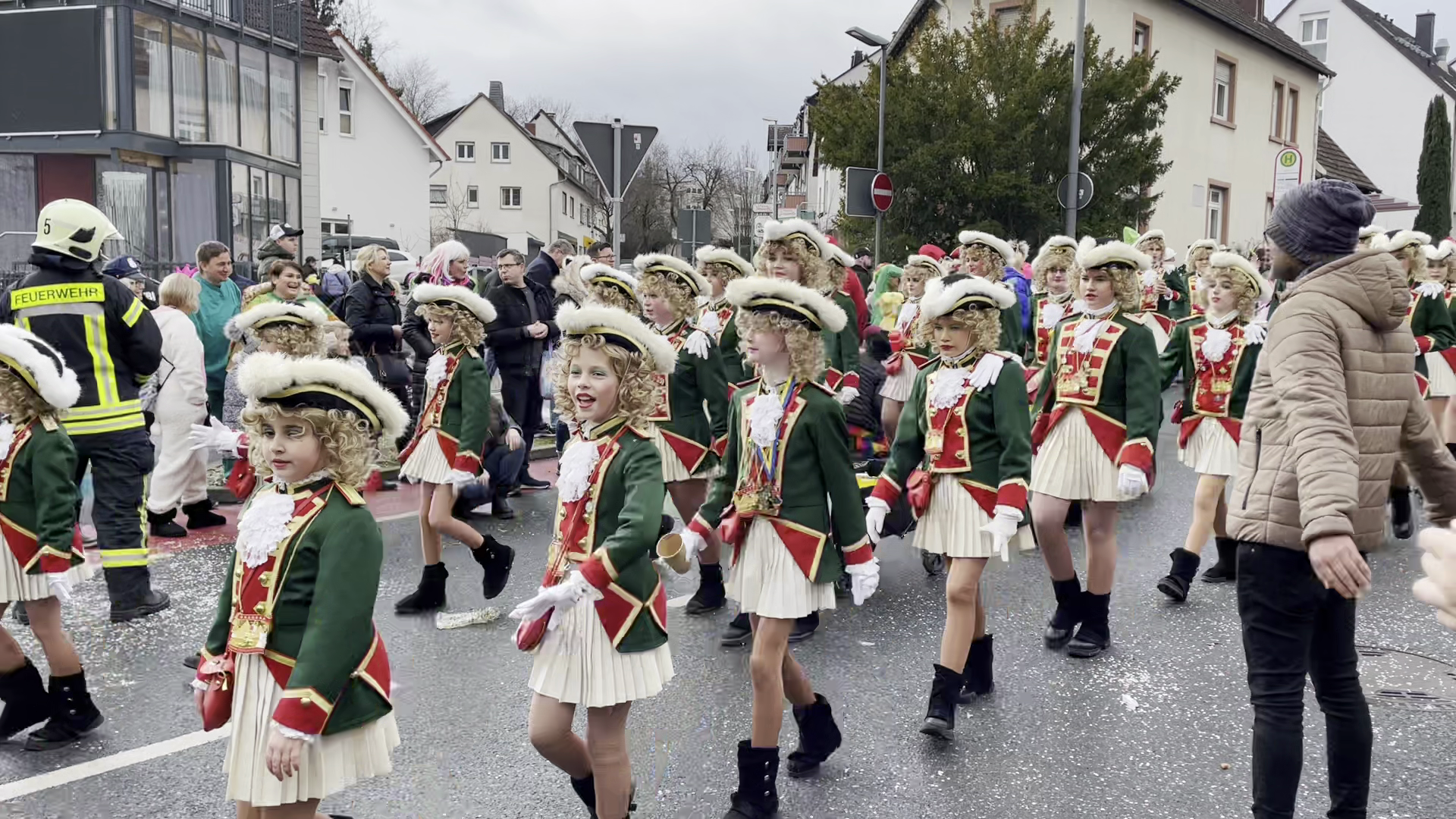Fasching, also known as Karneval or Fastnacht in different regions of Germany, is a festive season that precedes Lent and is celebrated with exuberance. Fastnacht can also be spelled in various ways, such as “fasnacht”, “fassenacht,” or “faschnacht.”
The word “fastnacht” means “the night before the fast,” since the doughnuts and all rich food kept in the house pantry, such as butter, lard, eggs, and sugar, are eaten the night before Lent. Fasting is usually observed by many Christians from Ash Wednesday until Easter Sunday. It is especially prominent in predominantly German speaking Catholic regions, and its history is deeply intertwined with both pagan and Christian traditions.
Fasching has its roots in ancient pagan festivals that marked the end of winter and the beginning of spring. The practice of wearing masks and costumes during these celebrations is thought to have originated from the belief that the disguises would ward off evil spirits. With the Christianization of Europe, the festival became associated with the period of feasting and revelry before the solemn season of Lent.
Christian Significance
Fasching is a pre-Lenten celebration, with the final and most intense days leading up to Ash Wednesday, which marks the beginning of Lent—a period of fasting, penance, and reflection in preparation for Easter. The idea behind Fasching is to indulge in festivities and merriment before the more somber and restrained time of Lent begins.
Traditional Customs and Celebrations:
Costumes and Masks: Participants often dress in elaborate costumes and masks, which can range from traditional and historical characters to fantastical and whimsical figures. This practice is a continuation of the ancient belief in warding off evil spirits.
Fasching celebration developed into more lively parades, particularly the Rosenmontag (Rose Monday) parade, where floats, marching bands, and costumed participants fill the streets. These parades often feature political satire and commentary. In many German cities and towns, especially in the Rhineland, street parties, and open-air events are common during the Fasching season. People come together to dance, enjoy live music, and partake in various activities.
While Fasching is a secular celebration, its timing and history tie it to the Christian liturgical calendar. The festivities serve as a joyful and communal prelude to the more solemn season of Lent, emphasizing the contrast between the revelry of Fasching and the introspective period that follows
In summary, Fasching in Germany is a multifaceted celebration that blends pagan traditions with Christian observances. It allows communities to come together in joyous festivities before the reflective season of Lent begins, making it a culturally rich and historically significant part of German Christian traditions.
